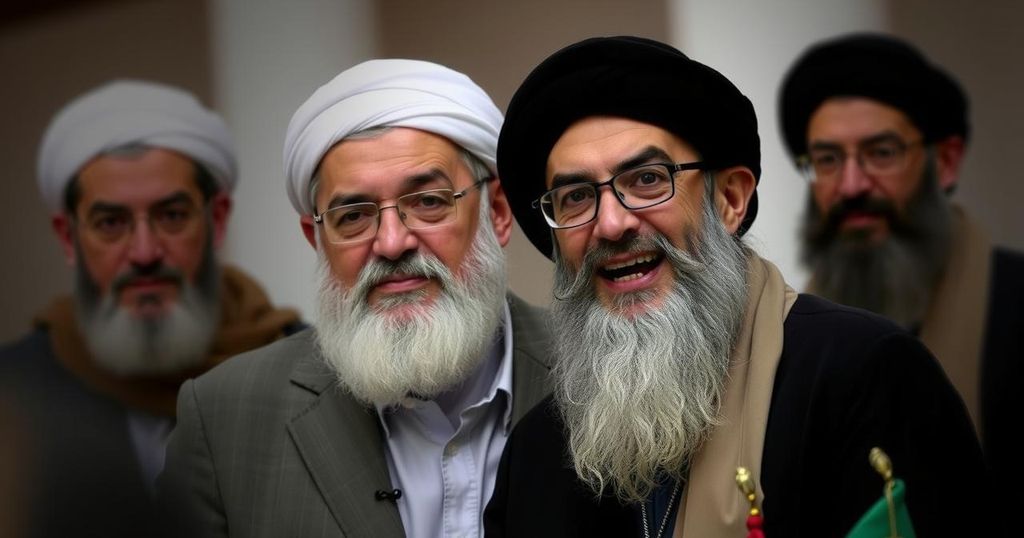A senior UAE official raised concerns about the Islamist affiliations of the forces that overthrew Bashar al-Assad in Syria. Anwar Gargash emphasized the need for vigilance amidst cautious optimism regarding the new leadership’s statements about unity. He also criticized recent Israeli attacks in Syria, highlighting the complexity of building a new governance structure in the region.
A senior official from the United Arab Emirates (UAE) expressed concerns regarding the Islamist affiliations of the forces that recently ousted Syrian President Bashar al-Assad. During remarks made at the World Policy Conference in Abu Dhabi, Anwar Gargash, a presidential adviser, highlighted that while there are optimistic statements from the new leadership regarding unity and governance, their connections to groups like the Muslim Brotherhood and Al-Qaeda raise significant alarms. The transition follows a rapid offensive led by Hayat Tahrir al-Sham (HTS), an organization linked to Al-Qaeda, which concluded nearly 14 years of civil conflict in Syria.
Gargash acknowledged a cautious optimism about the new governance but underscored the necessity of vigilance given the Middle East’s past experiences with extremist groups. Additionally, he condemned recent Israeli military actions in Syria, suggesting that such maneuvers could lead to detrimental consequences in the region, particularly when building a new Syrian state. The UAE, which took a step toward normalizing relations with Israel in 2020, continues to advocate for a balanced approach to developments in Syria, emphasizing the importance of protecting the rights of all Syrians through lawful governance.
The article discusses the political changes in Syria following the removal of President Bashar al-Assad by Islamist-led forces after a sustained civil war that spanned nearly 14 years. The internal dynamics of Syria became increasingly complex with the rise of Islamist groups, notably Hayat Tahrir al-Sham, which has links to the Al-Qaeda terrorist organization. Anwar Gargash’s remarks reflect broader regional apprehensions about the prospects of stability and governance in Syria as well as the potential for extremist ideologies to resurface. In this context, the UAE’s position highlights the need for cautious engagement with the newly established authorities in Syria while being mindful of the historical patterns of violence and extremism illustrated by groups like the Islamic State.
In summary, Anwar Gargash’s comments underscore the UAE’s concerns regarding the implications of Islamist affiliations of the new Syrian leadership, calling for cautious monitoring of the evolving political landscape in Syria. While there is a semblance of hope based on the language of unity from the new rulers, the historical context of extremism calls for vigilance. Furthermore, regional dynamics, particularly relating to Israeli military actions, require a strategic and thoughtful approach to ensure a foundation for lasting peace and governance in Syria.
Original Source: www.hindustantimes.com







